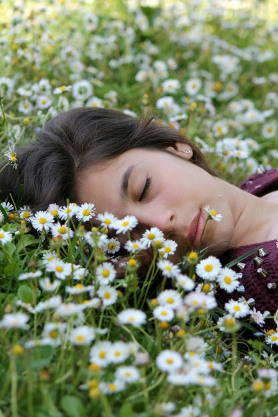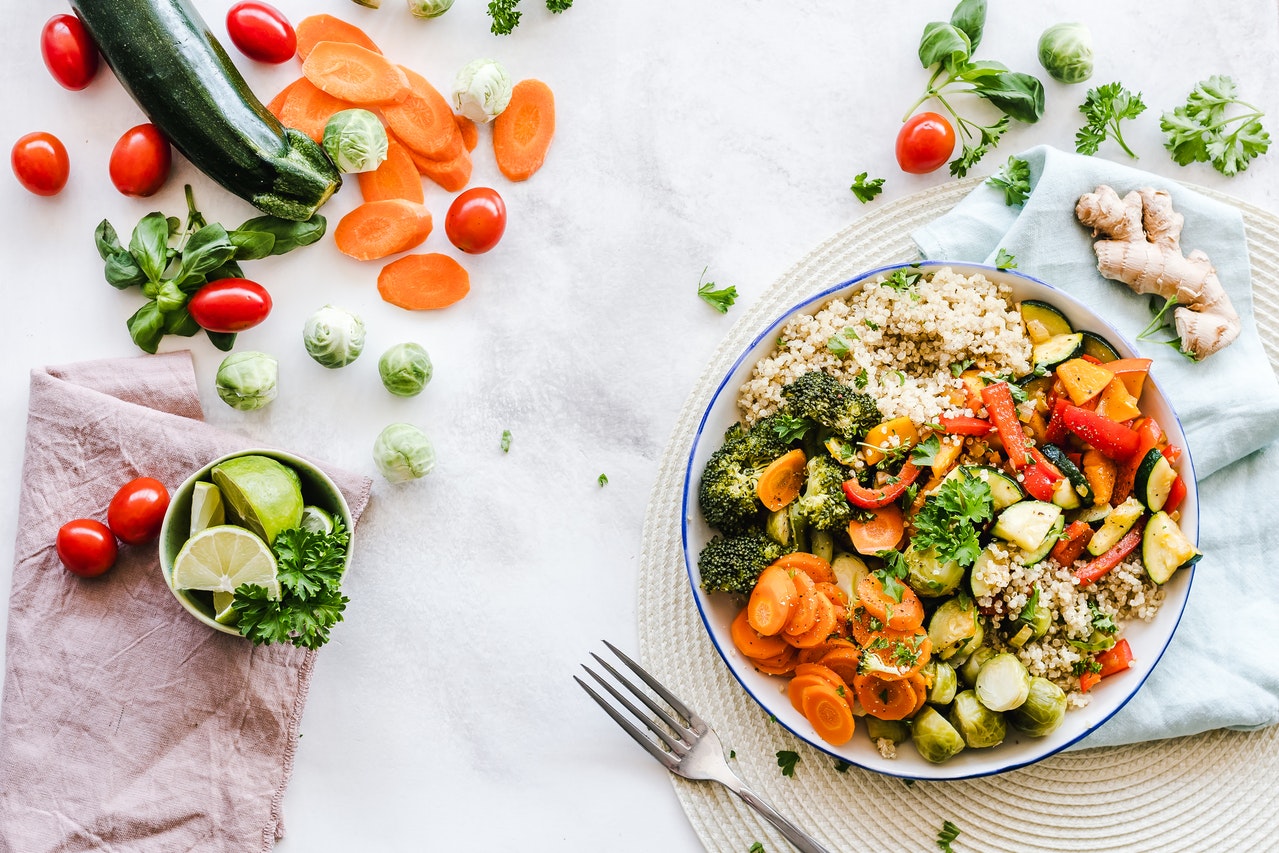There are a lot of different reasons people have difficulties getting to sleep at night: there are medical conditions like sleep apnea that make getting quality sleep difficult, high levels of stress and anxiety can cause insomnia, a hectic and demanding work schedule or student study habits can disrupt normal sleep patterns, working the graveyard shift or a rotating shift makes conditioning yourself to sleep at abnormal and changing times a challenge, and even high level athletes sometimes require sleep aids for sleep recovery.
Who is being affected by Lack of Sleep?
Studies show that approximately 40 million people suffer with chronic sleep disorders, 70 million suffer from insomnia, and 18 million suffer from sleep apnea across the globe. And this doesn’t account for individuals who have occasional troubles with sleep or who sleep fitfully rather than entering REM sleep.
Why is insufficient Sleep so Problematic?
The high numbers of individuals who are affected by sleep loss in some form is significant, especially when you consider the link between insufficient sleep and public health hazards. The CDC has linked sleep insufficiency to the following hazards: motor vehicle crashes, industrial disasters, and occupational (including medical) errors. Sleep insufficiency may also make an individual more likely to suffer from chronic diseases like hypertension, diabetes, depression, and obesity.
A further study showed that, among a test group of 74,571 adults in 12 states, more than 35% reported getting less than 7 hours of sleep in a typical 24-hour period. Just under half reported snoring, 37.9% reported falling asleep unintentionally during the day, and 4.7% reported falling asleep while driving (at least once in the preceding month).
According to the National Department of Transportation, drowsy driving is responsible for an estimated 1,550 fatalities and 40,000 nonfatal injuries in the US each year.
What solutions are available?
Many people consider taking sleeping pills to help them prevent the many hazards that are associated with insufficient sleep and insomnia. However, over-the-counter and prescription medications can hold some risks, too. In fact, some forms of prescription sleeping medication can even become addictive. Essentially, your body could form a dependency on that substance forcing you not only to require taking it before being able to attain any sleep, but also desensitizing you to it so you have to take increased amounts to achieve the same effect.
Fortunately, there is a better way
If you are having trouble sleeping, natural sleep aids are a much better option for you than prescription sleeping pills—and they can help with more than just sleep.
How can natural Sleep Aids help?
Natural sleep aids are designed not only to allow you to sleep, but also to enable you to experience a better quality sleep—which means they have to target more than just the sleep center of your body. Additional ingredients are also added to help ease the effects of some of the stresses and anxieties that could be causing the sleep loss in the first place.
When you are considering a natural sleep aid, take a look at the ingredients to see what effect the aid will have on your body. Valerian Root and Melatonin are both key players when it comes to enabling sleep; however, they, along with such ingredients as L-Theanine, GABA, and Chamomile, also work to reduce anxiety and psychological stress. Passion Flower is another sleep inducer; however, it can also help quell some of the symptoms of insomnia, including depression, anger and headaches. Finally 5-HTP can help you fall asleep, but it can also improve your quality of sleep by increasing your REM cycle.
Checking for these key ingredients in your sleep aid can help you with more than just sleep; it can also help improve your mood and general health. Plus, all of these ingredients are natural and provide your body with essential health benefits—some are even designed to boost products that are naturally occurring within your body. It definitely beats pushing a bunch of chemicals with potentially detrimental side effects into your body.
If you need a sleep aid to help you sleep better at night and function with more alertness during the day, try a natural sleep aid first. You might be surprised at just how much better it’ll help you feel.
This article was written by Whitney. L. Coopeir, who is a is a vitamin, herb, and nutritional supplement specialis, who shares her exclusive knowledge in the medical field, by writing blogs and articles on a variety of topics incuding natural sleep aids.





